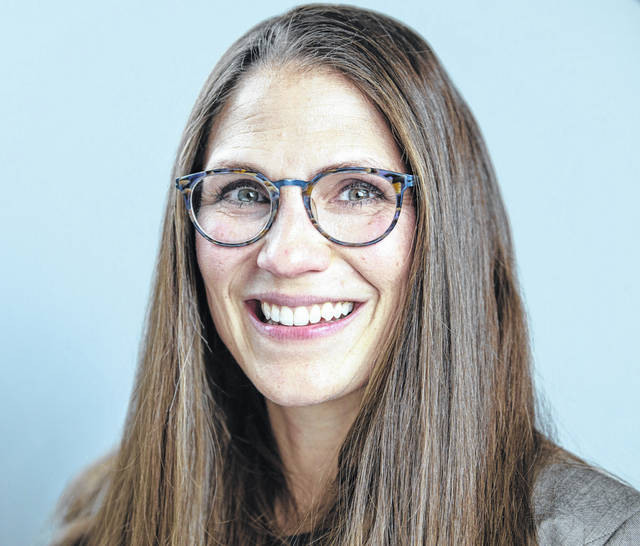
There’s no denying it: COVID-19 is front and center, commanding the attention of our community and its leaders.
But there’s another epidemic affecting our community and countless others across the U.S. — one that has been around much longer and claimed more lives. That epidemic is about opioids and the disease of addiction.
And our community must not forget about it.
COVID-19 — the respiratory disease caused by the coronavirus that is spreading throughout the U.S. and other countries — has all but shut down daily life in our country. Schools are facing unprecedented challenges, many restaurants and retail shops are still shuttered, and large gatherings are banned or discouraged as Americans learn to practice physical distancing and adapt to wearing masks. Since its first appearance in the U.S. in January, COVID-19 has infected more than four million individuals and caused more than 149,000 deaths in our country, with those numbers increasing daily.
By contrast, the misuse of prescription opioids and other opioid-based substances, such as heroin and fentanyl, has been an American epidemic since 2017. More than 2 million individuals in the U.S. currently experience opioid use disorder (OUD), and every day in the U.S., approximately 130 people die from an opioid overdose. Local and national data trends from first responders reveal growing numbers of suspected overdoses from March through May.
In today’s news, however, the opioid epidemic seems almost forgotten. Instead, we are consumed with the latest news and recommendations related to COVID-19. Yet as our society grapples with this new virus, we owe it to our most vulnerable residents not to lose sight of the epidemic that continues to wreak carnage in our communities.
Why should we care about opioid misuse and addiction in the face of COVID-19? The reasons are simple:
(1) People with OUD may be at higher risk for COVID-19 infection and death. People with OUD include some of the most vulnerable groups in our society, including those experiencing homelessness and those who are currently incarcerated. Individuals in these circumstances have limited ability to practice physical distancing, increasing their risk for COVID-19 infection. Likewise, respiratory diseases (such as COVID-19) increase the risk of overdose death among people taking opioids, meaning that people with OUD who contract COVID-19 could have more severe overdose symptoms and be more likely to die.
(2) The COVID-19 epidemic created additional barriers to seeking OUD treatment. Anyone watching the news or following social media knows that many hospitals and healthcare facilities are overwhelmed by COVID-19. This means less space for, and attention to, patients seeking help for OUD. Individuals without COVID-19 symptoms are also being encouraged to avoid healthcare facilities unless absolutely necessary, which may further discourage people with OUD from seeking treatment or asking for help.
(3) COVID-19 created an environment that might encourage opioid misuse and use. Almost overnight, numerous individuals are now facing un- or under-employment, placing enormous financial stress on families. This stress— combined with fear, the anxiety of rapidly changing health guidance, the increase in unstructured time, and the lack of social connection for those in isolation — creates an environment ripe for substance misuse (e.g., taking more prescription pain medication than usual). People in recovery with OUD may experience a re-occurrence of symptoms under this strain. To make matters worse, their usual recovery supports may be limited due to COVID-19 restrictions. Finding new healthy, substance-free activities is more important than ever.
In these stressful and uncertain times, it’s easy to lose sight of the opioid epidemic and focus solely on COVID-19. People with OUD deserve better. As community leaders, healthcare providers, and family members, we owe it to individuals living with OUD to continue addressing the opioid epidemic with strategies that have been proven to work — offering treatment, providing easy access to recovery services, and distributing naloxone (a medication for reversing opioid overdoses) to residents.
One day the COVID-19 epidemic will have passed, and we will be tasked with restoring normalcy to our lives. Whether the opioid epidemic emerges from this period stronger or weaker depends on how we act now.
There are two epidemics at our door. We already know what works to effectively treat OUD and the disease of addiction. And, until a vaccine has been proven effective for COVID-19, we must continue to fight them both.


